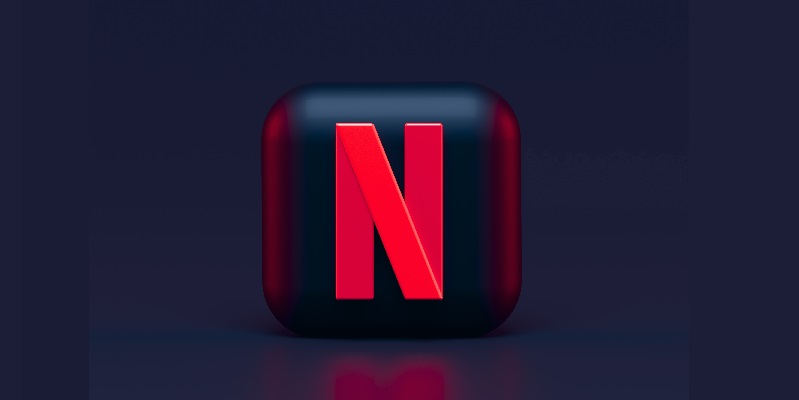With its dominance in the streaming world, Netflix is now making strides into a new territory – cloud gaming. The company has already integrated mobile apps into its platform, and now it is taking the next step by testing its own game streaming technology and developing a phone-based controller. While the cloud gaming market is already quite competitive, with tech giants like Sony, Microsoft, and Amazon in the mix, Netflix’s approach may set it apart from its rivals.
It’s essential to note that the cloud gaming landscape has seen both successes and failures. One notable example is Google’s Stadia, which was launched in 2019 as a cloud-based gaming service. Despite high expectations, Stadia faced significant challenges in the market and was eventually discontinued in 2022. This serves as a reminder that entering the cloud gaming industry requires careful planning and innovative strategies.
One of the primary challenges with cloud gaming is the need for a reliable Wi-Fi connection. While companies suggest that an average Wi-Fi upload speed of 25 Mbps is sufficient, there are other factors to consider. Distance between the user and the server, as well as server reliability, play a crucial role in delivering a seamless gaming experience. Even with fast Wi-Fi, lags and disconnections can frustrate gamers and hinder their enjoyment.
This is where Netflix aims to make a difference. Unlike other platforms, Netflix plans to offer a selection of smaller-sized games that do not require constant online connections. By doing so, they create an opportunity for users to enjoy uninterrupted gameplay without worrying about lag or disconnections. This unique approach acknowledges the limitations of Wi-Fi connections and seeks to provide a gaming experience that aligns with the strengths and capabilities of Netflix’s streaming service.
Another advantage that Netflix possesses is the user expectation for gaming content. Unlike Xbox, PlayStation, or Stadia platforms, Netflix subscribers don’t typically have high expectations for AAA video games with their subscription. While some users may certainly enjoy high-quality gaming experiences, the majority are content with casual games that can be played leisurely. Netflix has a vast library of movies and TV shows, and their foray into the gaming industry is seen more as an added bonus rather than the primary reason for subscribing.
However, it’s worth noting that challenges may lie ahead for Netflix’s gaming studio. Just like any other venture, there is always the possibility of cutbacks or course corrections in the future. As the cloud gaming market evolves and adapts, Netflix will need to stay nimble and responsive to the needs of its gaming audience. By continuously innovating and providing a unique gaming experience that aligns with its streaming service, Netflix has the potential to carve out a significant space for itself in the ever-competitive cloud gaming industry.
In conclusion, Netflix’s entry into the cloud gaming industry is an exciting development that sets it apart from other players in the market. By offering smaller-sized games that don’t require constant online connections, users can enjoy uninterrupted gameplay. Additionally, the unique user expectations for gaming content on Netflix compared to other platforms give the company a distinct advantage. Nevertheless, challenges may arise in the future, and Netflix will need to adapt and evolve to stay relevant. Only time will tell if Netflix’s gaming studio can successfully navigate the cloud gaming landscape and captivate gamers worldwide.

